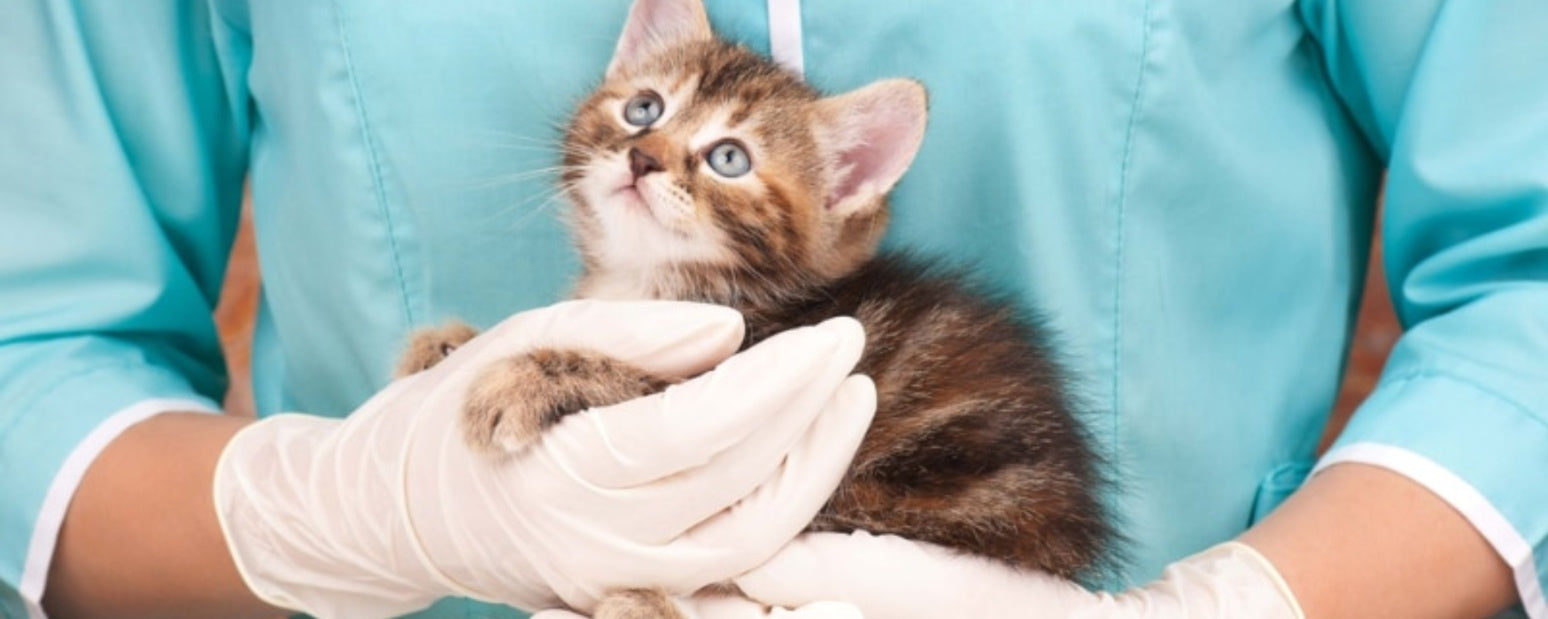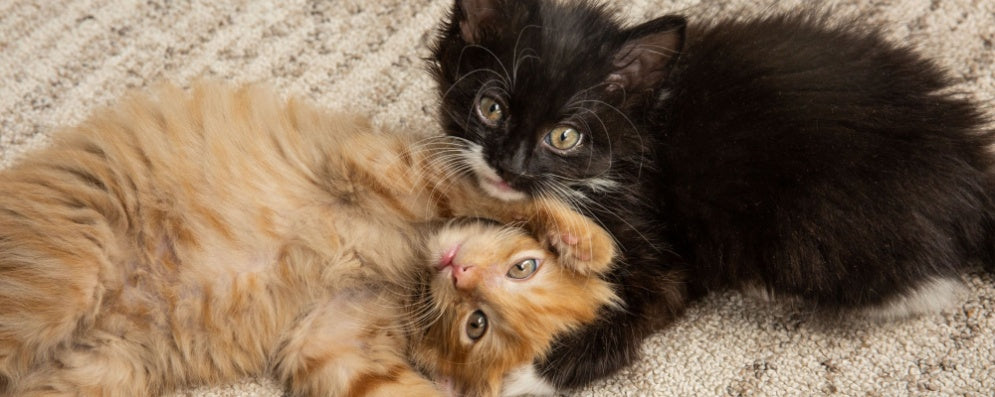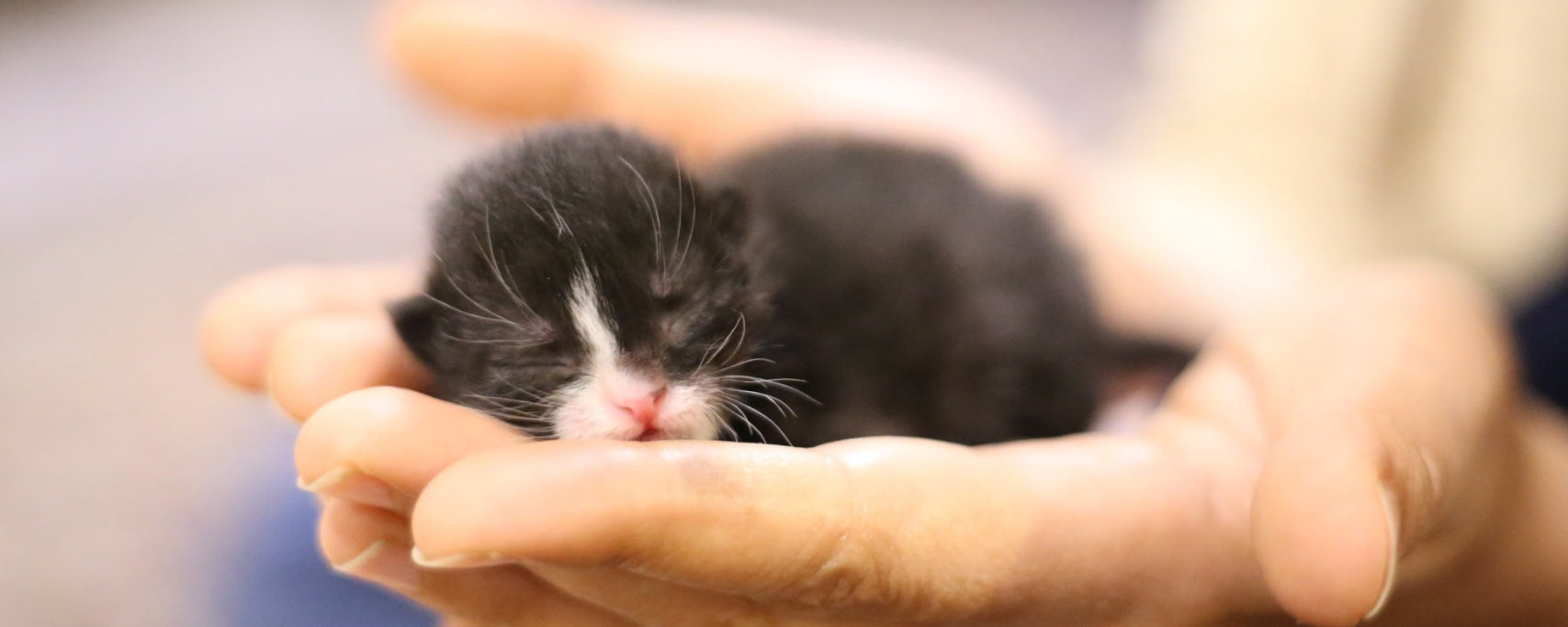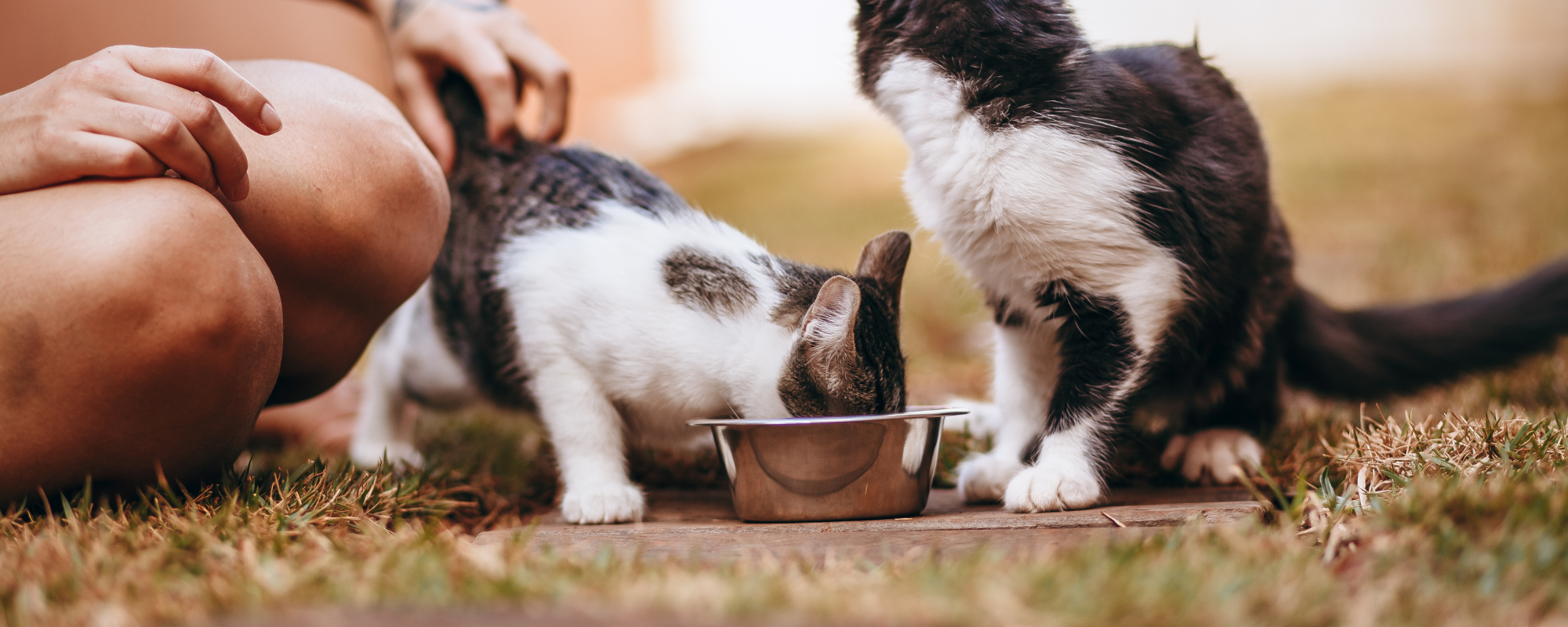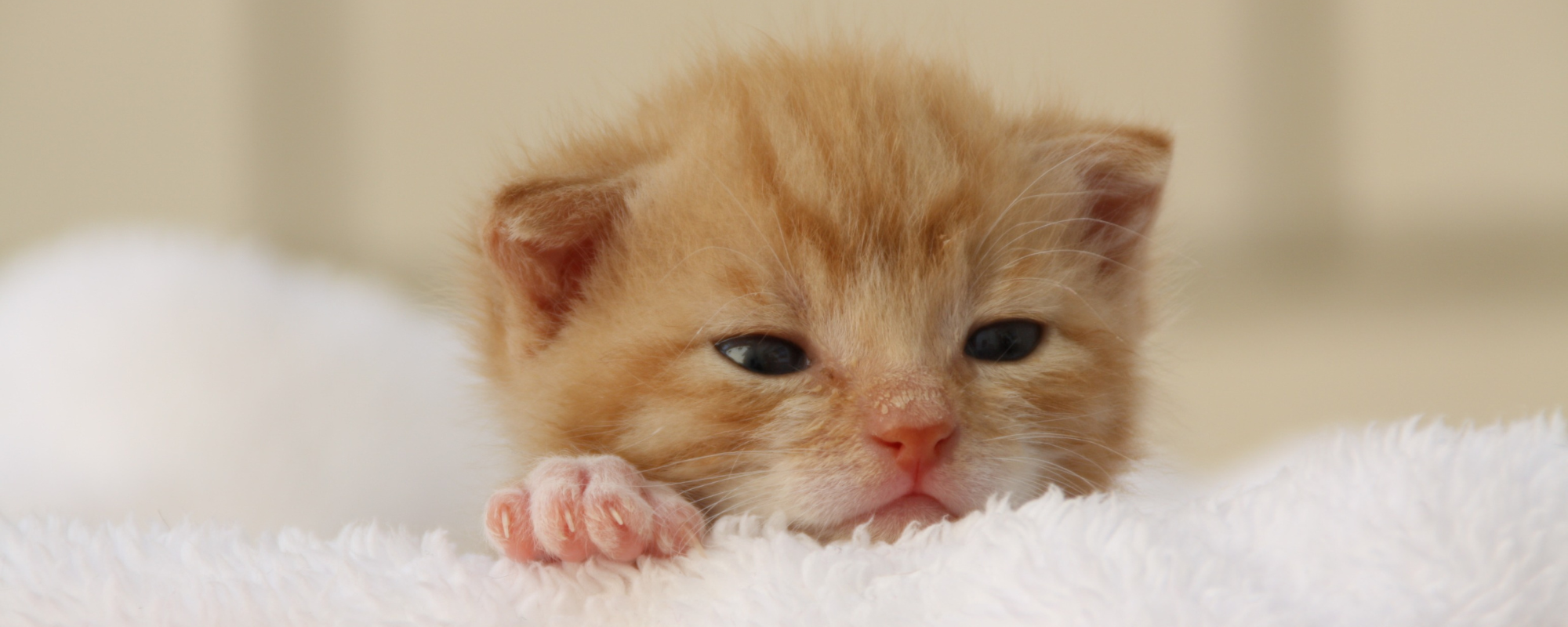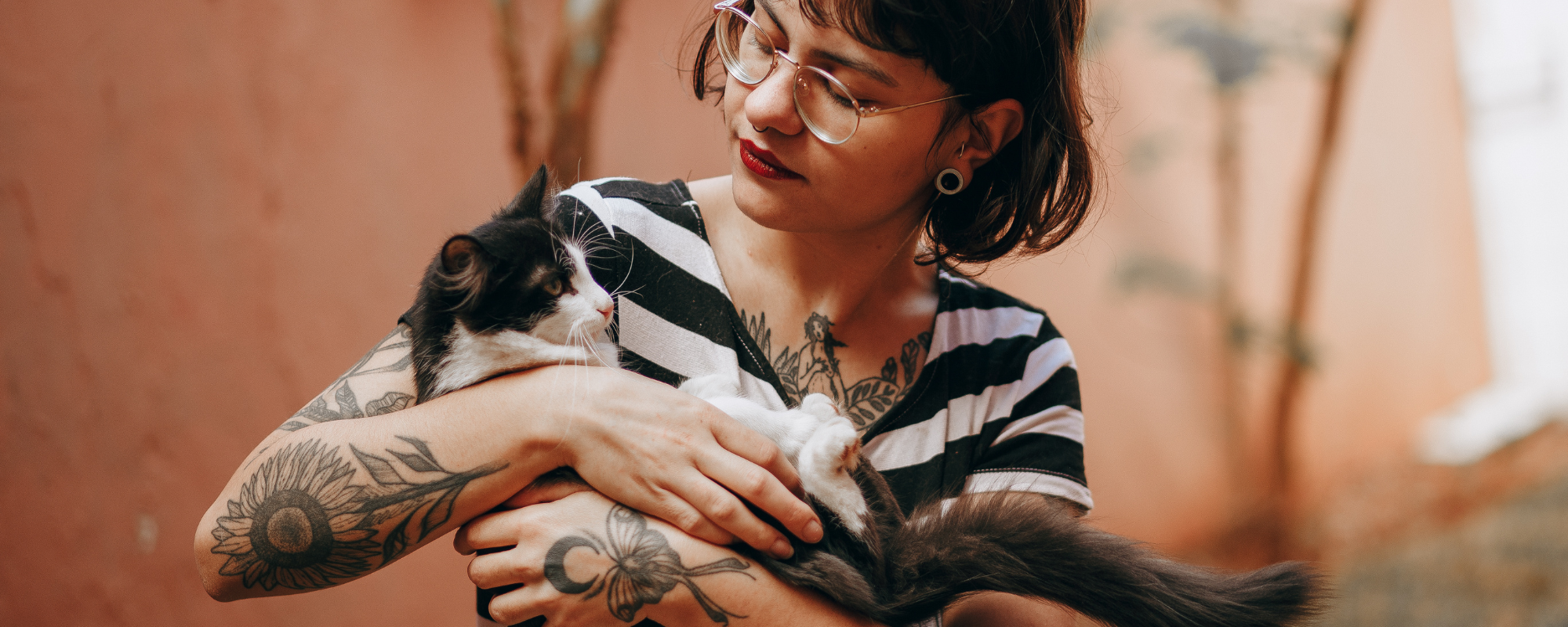When Should You Take Your Kitten to the Vet?
Ideally, you should schedule your kitten’s first vet visit within a few days of bringing them home. This is especially important if they were adopted from a shelter, purchased from a breeder, or rescued from an unknown situation. Early veterinary care ensures your kitten is healthy, free of contagious diseases, and on track for proper growth.
If your kitten exhibits symptoms like sneezing, watery eyes, difficulty breathing, or a lack of appetite, schedule an immediate appointment.
How to Prepare for the Appointment
Preparation is key to a smooth vet visit. Here’s a checklist to get you started:
- Gather Necessary Documentation: Bring any health records, vaccination certificates, or treatment histories provided by the shelter or breeder.
- Make a List of Questions or Concerns: Jot down observations about your kitten’s behavior, appetite, or any potential issues.
- Bring a Stool Sample: A fresh stool sample is often required for testing parasites.
- Use a Cat Carrier: A sturdy carrier helps keep your kitten safe and reduces stress during transportation. Familiarize them with the carrier ahead of time by placing treats or toys inside.
- Consider Treats: Bringing a few snacks can help calm your kitten during or after the visit.
What Happens During the Visit?
Initial Check-In
When you arrive, your kitten will stay in their carrier in the waiting room. This minimizes stress from unfamiliar animals and surroundings. Once it’s your turn, the vet or technician will begin by asking about your kitten’s history, including diet, environment, and any observed health concerns.
Comprehensive Physical Examination
The vet will conduct a thorough head-to-tail physical exam, which typically includes:
- Checking the eyes for clarity and discharge.
- Examining the ears for wax buildup or mites.
- Inspecting the skin and coat for signs of fleas, ticks, or irritation.
- Listening to the heart and lungs with a stethoscope.
- Assessing weight, body condition, and hydration levels.
This exam helps the vet establish a health baseline and identify any immediate issues that need attention.
Parasite Testing and Treatment
Your kitten’s stool sample will be tested for parasites like worms or giardia. Intestinal parasites are common in young cats, and your vet may administer a deworming medication during the visit.
Vaccinations: What Your Kitten Needs
Vaccinations are a crucial part of your kitten’s first visit. The vet will likely administer the first round of core vaccines to protect against:
- Rhinotracheitis (feline herpes virus)
- Calicivirus
- Panleukopenia (feline distemper)
- Chlamydia
Your vet will outline a vaccination schedule to ensure complete protection. Remember, your kitten won’t be fully protected until they’ve received all doses, so avoid exposing them to other animals or outdoor environments prematurely.
Recommended Tests for Kittens
Bloodwork
Your vet may suggest blood tests to screen for serious diseases like Feline Leukemia Virus (FeLV) and Feline Immunodeficiency Virus (FIV). These viruses can significantly impact your kitten’s health, and early detection is vital.
For kittens under nine weeks old, testing may be delayed until they are older and more stable.
Fecal Exam
A fecal examination is critical for detecting intestinal parasites. Even if your kitten appears healthy, this test ensures no underlying conditions are present.
Nutrition and Care Guidance
Kittens have unique dietary needs, and your vet will provide tailored advice based on their age and weight. For very young kittens under six weeks old, bottle feeding or supplemental milk may be recommended. Older kittens will receive guidance on transitioning to high-quality kitten food.
Your vet might also discuss general care tips, including:
- Litter box training
- Kitten-proofing your home
- Socialization techniques
Cost Considerations
The cost of the first visit can vary depending on your location and the services provided. A typical visit might include:
- Physical examination
- Vaccinations
- Parasite testing
- Bloodwork
For an accurate estimate, contact your veterinary clinic in advance.
Follow-Up Appointments
Your kitten will require regular checkups to complete their vaccination schedule and monitor growth. Most kittens need vet visits every three to four weeks until they’re about 16 weeks old. These visits ensure their development stays on track and address any emerging health concerns.
Why the First Visit Matters
The first veterinary appointment is crucial for your kitten's health and development. It establishes a trusted relationship with your vet, who will guide you on essential care, including nutrition, vaccinations, and preventive measures. This visit helps identify any potential health issues early, ensuring timely treatment and a strong foundation for a healthy life. It’s also an opportunity to ask questions about your kitten's behavior, growth, and environment. Additionally, the visit familiarizes your pet with the clinic, making future appointments less stressful. By starting on the right foot, you ensure your kitten has the best chance for a long and happy life.
Final Thoughts
Your kitten’s first vet visit is an important milestone that shouldn’t be overlooked. By preparing ahead of time and understanding what to expect, you can ensure a stress-free experience for both you and your pet. Remember, early veterinary care is the foundation of a happy and healthy life for your new addition.
Schedule that appointment today, and give your kitten the best possible start!

